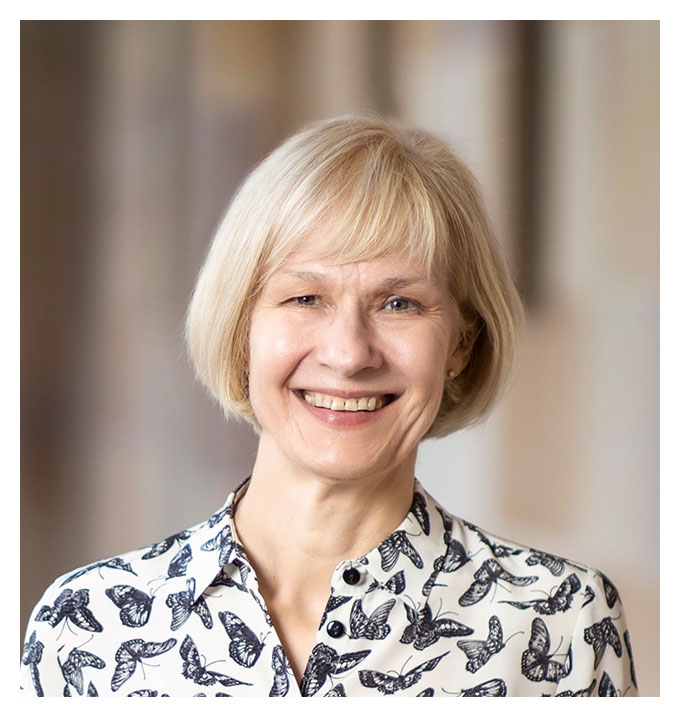 Nurturing research excellence
Nurturing research excellence
The Queensland Brain Institute (QBI) at The University of Queensland (UQ) strives to understand the functions of the brain and find solutions to some of the biggest health challenges of our time – including dementia, Parkinson’s disease, motor neurone disease, brain injury, depression, and many other conditions that affect the length and quality of human life.
Founded in 2003, QBI has earned a global reputation for undertaking outstanding research, spanning pure discovery science to clinical studies, and creating new knowledge about the brain, its wonders and afflictions.
The talented research team at QBI adopts a multidisciplinary approach that involves collaborating with the wider academic community, industry and commercial partners. These partnerships have enabled QBI’s researchers to make important discoveries shared in mora than 382 publications.
International partners
In 2021, travel restrictions related to the COVID-19 pandemic made new international collaborations more challenging. Nevertheless, QBI cemented its strategic partnership with the University of Zurich, aiming to establish productive collaborations that lead to substantive funding applications. The first successful joint funding was secured from the UQ Global Strategy and Partnerships Seed Funding Scheme, with the second round of applications planned for July 2022.
QBI also strengthened its collaboration with the Southern University of Science and Technology (SUSTech) in Shenzhen, China. The SUSTech-UQ Centre for Neuroscience and Neural Engineering involves renowned researchers from UQ and SUSTech who are working collaboratively on deepening our understanding of neural circuits.
Industry partners
At the same time, QBI is moving discovery science from the laboratory into clinical trials and practice by working closely with our industry and commercial partners.
One such partner is the American medical device company Medtronic, which supports the Asia-Pacific Centre for Neuromodulation and its evolving work using deep brain stimulation (DBS) to treat people living with conditions like Parkinson’s disease. In 2021, with Medtronic’s support, QBI researchers successfully showed in a clinical trial that DBS can also be used to treat people with obsessive compulsive disorder.
With the support of another industry partner, Boston Scientific, the QBI team started a follow-on trial to test DBS treatment for people living with severe anorexia nervosa.
Community and corporate partners
In a very competitive funding environment, QBI received strong support from the University’s incredibly generous donor community.
During UQ’s 2021 Giving Day, QBI invited donations for research into the neurological causes underpinning mental health conditions, such as depression, schizophrenia, post traumatic stress and addiction. Thank you to the community and our corporate supporters who have given so generously in support of this invaluable research.
Thank you
I’d also like to acknowledge the leadership of QBI’s Director, Professor Pankaj Sah, and the stellar contributions made by QBI’s Advisory Board, researchers, and operational staff. And I congratulate the 15 students who completed their PhDs at QBI in 2021, whilst dealing with the disruptions we faced throughout this challenging year.
Here at UQ, we are excited by the infinite possibilities of the brain and the potential for advances in neuroscience to have far-reaching social, health and economic benefits.
I look forward to seeing how QBI builds on its many successes in 2022 – and beyond.
Professor Deborah Terry AO
Vice-Chancellor and President
